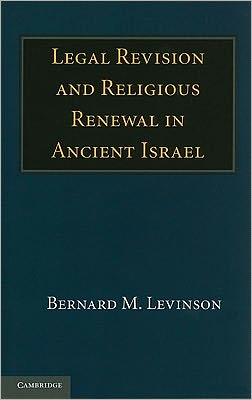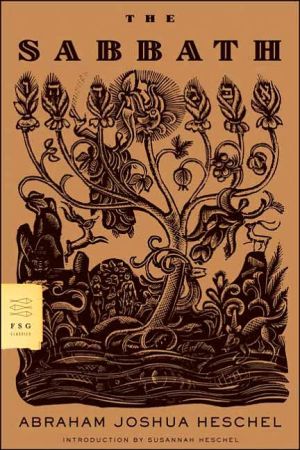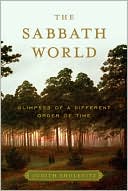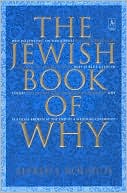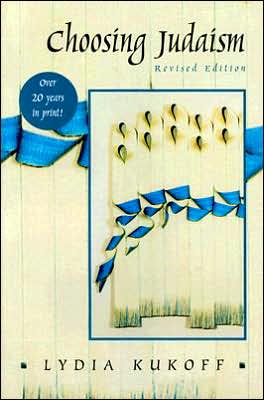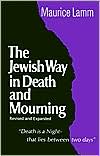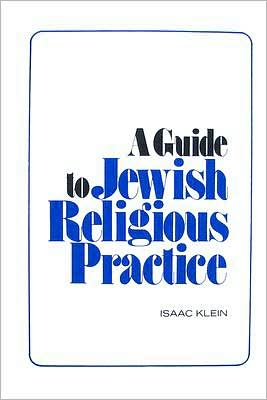Legal Revision and Religious Renewal in Ancient Israel
This book examines the doctrine of transgenerational punishment found in the Decalogue—that is, the idea that God punishes sinners vicariously and extends the punishment due them to three or four generations of their progeny. Though it was “God-given” law, the unfairness of punishing innocent people merely for being the children or grandchildren of wrongdoers was clearly recognized in ancient Israel. A series of inner-biblical and post-biblical responses to the rule demonstrates that later...
Search in google:
This book examines the problem of divine transgenerational punishment and the writers who confronted it.
1. Biblical studies as the meeting point of the humanities; 2. Rethinking the relation between 'canon' and 'exegesis'; 3. The problem of innovation within the formative canon; 4. The reworking of the principle of transgenerational punishment: four case studies; 5. The canon as sponsor of innovation; 6. The phenomenon of rewriting within the Hebrew Bible: a bibliographic essay on 'inner-biblical exegesis' in the history of scholarship.
\ From the Publisher“The book may claim to be about the dynamics of legal (i.e. halachic) development within the Bible, but the underlying message deals with the viability of theories of halachic change in the contemporary Jewish community. That is why it should be required reading for participants in law committees and students of Jewish law.” \ -Rabbi Neil Gillman, in CJ: Voices of Conservative/Masorti Judaism, Summer 2011, p. 9 [online: http://www.wlcj.org/articlenav.php?id=416]. \ “This slender volume . . . sets out the discipline of “inner-biblical exegesis” by one of its foremost practitioners today. The author, Bernard Levinson, sets himself apart from most other inner-biblical exegetes in two ways. The first is his desire to engage in dialogue with disciplines outside of biblical studies. The second is the scrupulous attention he pays to ancient Near Eastern legal texts as sources for illuminating biblical law. . . . Levinson is to be applauded for this fine volume, which demonstrates his preferred methodology clearly and concisely for a broad academic audience.” —Sidnie White Crawford, Biblical Theology Bulletin: A Journal of Bible and Theology 40\ \ \
